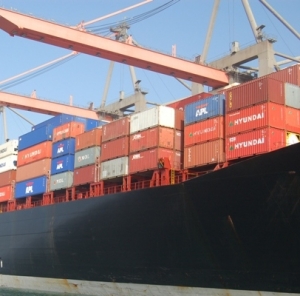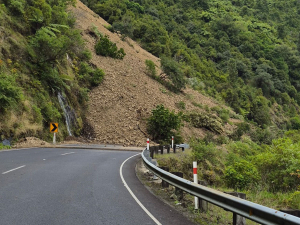DAIRY EXPORT values rose 27% in the December 2013 quarter, says Statistics New Zealand.
Dairy volumes, after also adjusting for seasonal effects, rose 23% while actual prices fell 1.1%.
Total export volumes rose 9.7% in the December 2013 quarter while total export prices fell 0.5%. Both movements were strongly influenced by dairy, which accounted for 39% of the value of goods exported in the December quarter – twice as much as meat and forestry combined.
"Export volumes are at their highest level since the series began in 1990, reflecting higher dairy volumes in the December quarter, after adjusting for seasonal effects," prices manager Chris Pike said. "Dairy export prices fell slightly, reflecting a stronger New Zealand dollar."
Import prices fell 2.8% in the December 2013 quarter. The fall was broadly based, due to the stronger New Zealand dollar. An exception was petroleum and petroleum products, which rose 0.1%.
The merchandise terms of trade rose 2.3%. This is the fourth consecutive rise in the terms of trade, which is at its highest level since the December 1973 quarter and 3.5% below the all-time peak in the June 1973 quarter. In the December 2013 quarter, the Reserve Bank's trade weighted index rose 2.7%, which had a downward effect on export and import prices.
Terms of trade is a measure of the purchasing power of New Zealand's exports abroad. An increase means New Zealand can buy more imports for the same amount of exports.
Total import volumes were unchanged, with a fall in capital goods offset by rises in the other categories. The price and volume indexes for exports and imports of goods are compiled mainly from overseas merchandise trade data.


















